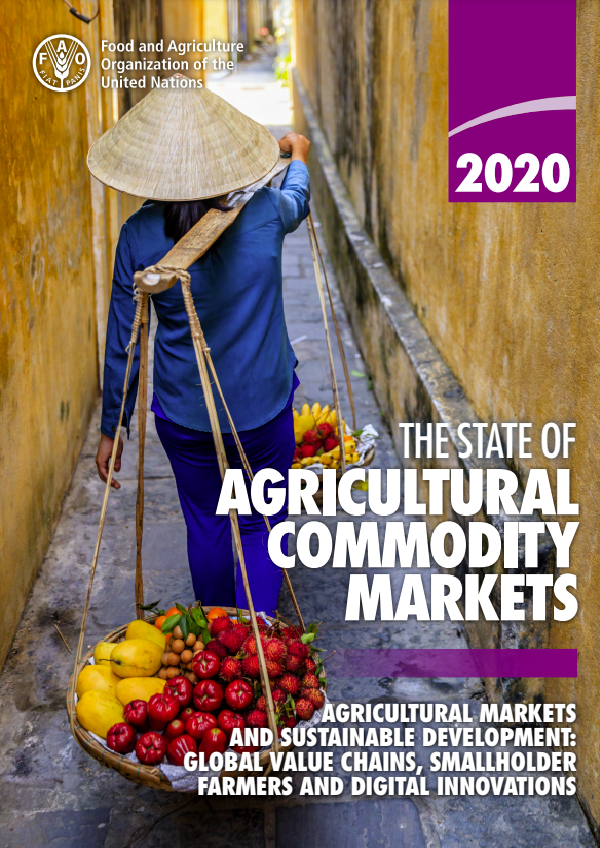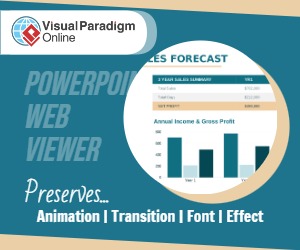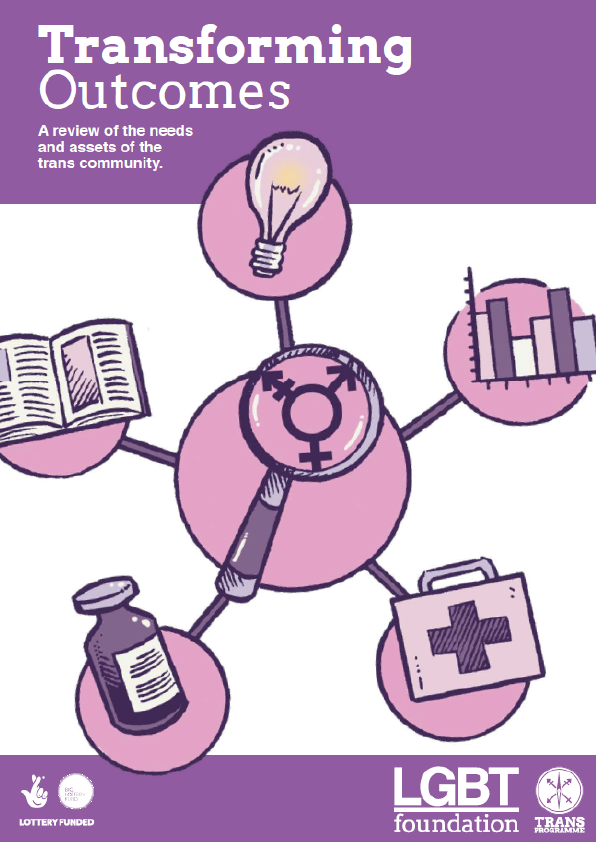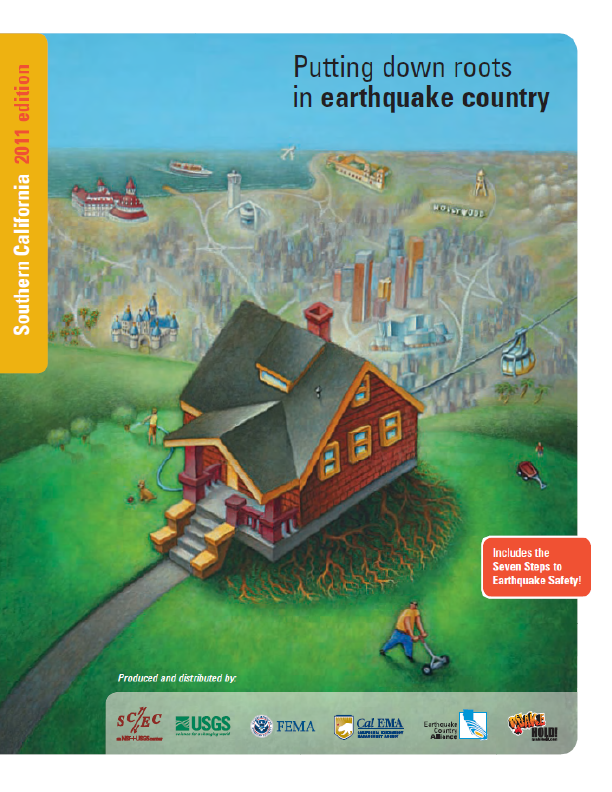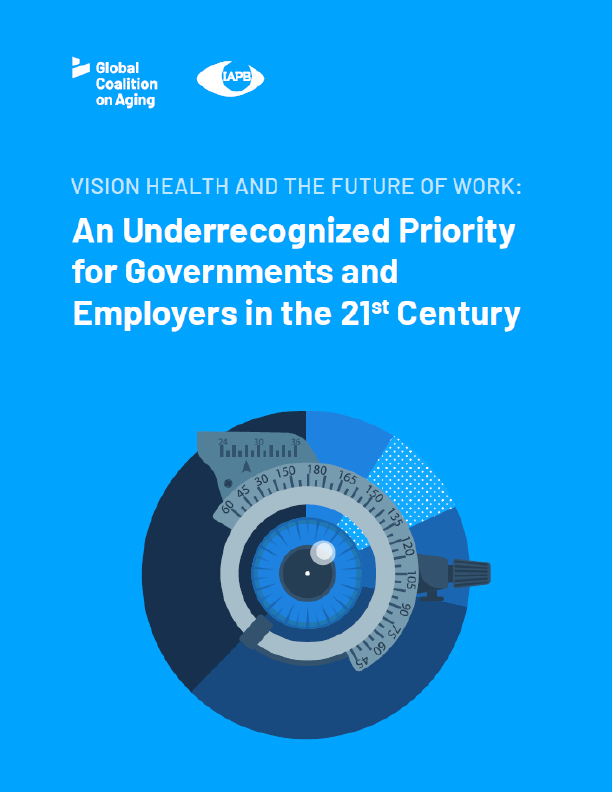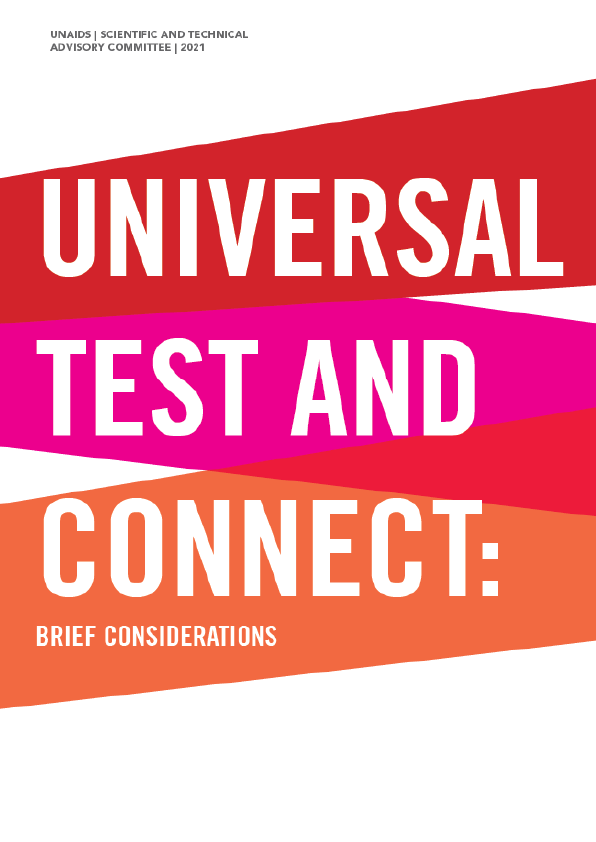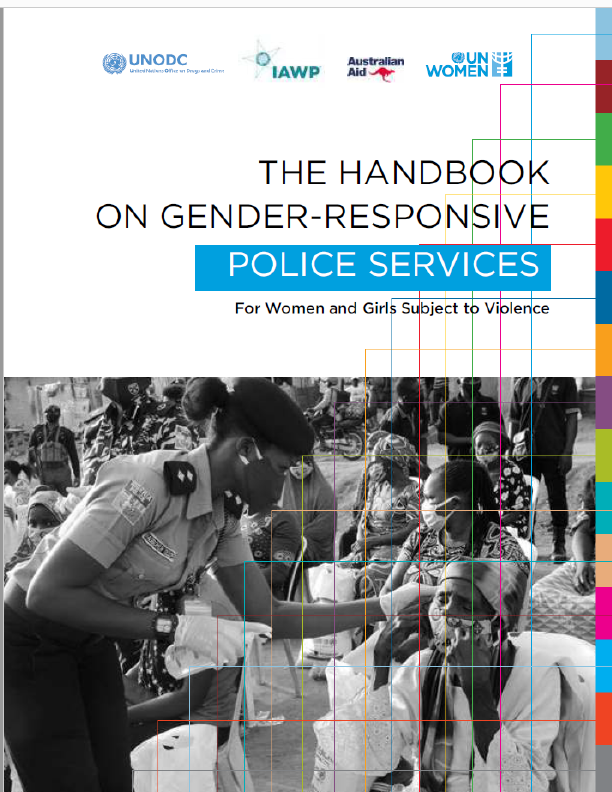The State of Agricultural Commodity Markets 2020 (SOCO 2020) aims to discuss policies and mechanisms that promote sustainable outcomes – economic, social and environmental – in agricultural and food markets, both global and domestic. The analysis is organized along the trends and challenges that lie at the heart of global discussions on trade and development. These include the evolution of trade and markets; the emergence of global value chains in food and agriculture; the extent to which smallholder farmers in developing countries participate in value chains and markets; and the transformative impacts of digital technology on markets.
Along these themes, SOCO 2020 discusses policies and institutions that can promote inclusive economic growth and also harness markets to contribute towards the realization of the 2030 Agenda and its Sustainable Development Goals.
TRADE, MARKETS AND SUSTAINABLE DEVELOPMENT
Trade and markets lie at the heart of the development process. In food and agriculture, markets expand consumers’ choices and create incentives for farmers. Markets thereby enable the optimal allocation of resources and provide the avenues which link agriculture with other sectors of the economy. This makes markets crucial for the structural transformation of the economy. How trade and markets contribute to sustainable development is the subject matter of this 2020 edition of The State of Agricultural Commodity Markets (SOCO).
The role of well-functioning markets in driving economic growth is significant; however, the market mechanism cannot guarantee the provision of a range of social and environmental benefits that are central to sustainable development. In some instances, markets may fail to reconcile the interests of individuals with those of society as a whole, but also with the needs of future generations, which are embedded in the 2030 Agenda for Sustainable Development.
The 2030 Agenda and its 17 Sustainable Development Goals (SDGs) aim at a better and more sustainable future for all. They address the global challenges we face, including ending poverty and hunger and restoring and sustainably managing natural resources. The SDGs integrate the three dimensions of sustainable development – economic, social and environmental – with closely interwoven targets.
Agriculture is central to the 2030 Agenda. Its linkages with food security, economic growth, employment and poverty eradication, the environment and natural resource management, and nutrition and health are reflected in most of the SDGs. Markets identify these linkages.
This report discusses policies and institutions that can promote economic growth and also harness agricultural and food markets to contribute towards sustainable outcomes – economic, social and environmental.
SOCO 2020 explores the evolution of trade and markets and examines their roles in growth and sustainable development. It looks specifically at the emergence of global value chains in food and agriculture; the extent to which smallholder farmers in developing countries participate in value chains; and, the transformative impacts of digital technology on markets.
THE EVOLUTION OF TRADE AND MARKETS
Since 1995, international trade in food and agriculture more than doubled in real terms to amount to USD 1.5 trillion in 2018. Emerging economies and developing countries are increasingly participating in global agricultural and food markets; their exports have grown to more than one-third of the world total.
This growth in trade is the result of several drivers. Lower transport costs have made it cheaper to trade. Trade policies and the decline in import tariffs – resulting from the World Trade Organization (WTO) Agreement on Agriculture that entered into force in January 1995 and many bilateral and regional trade agreements – have also been key drivers in promoting trade in food and agriculture.
These drivers, together with increases in income in both developed and developing countries, have fueled trade expansion in food and agriculture. Income growth is also associated with demographic trends, such as urbanization, which all bring about new lifestyles and changes in diets, thereby affecting trade and markets.
